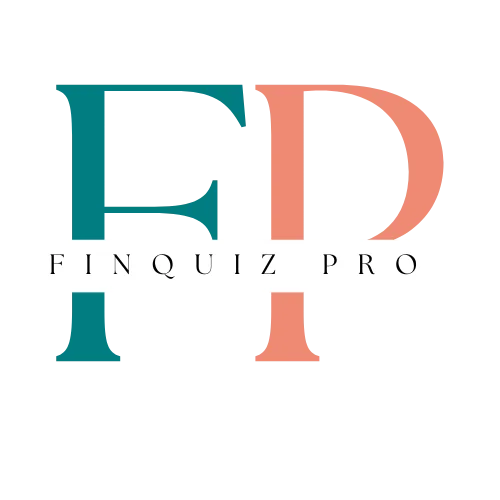I get questions occasionally about the CFA Program exam and how the CFA Institute updates the exam to stay relevant in the industry. The curriculum across the three exams does change regularly with the addition of new readings while others are dropped each year. Ten topic areas remain but the emphasis and material within each may change.
The Institute uses a committee of practicing CFA charter holders and staff to design the curriculum with input from other charter holders through an annual survey. The education advisory council (EAC) provides oversight and guidance to the process of development.
The EAC is comprised of five groups: the executive advisory board that oversees the council, a working body of volunteers to assist the board, working groups formed for specific tasks, and curriculum consultants that are contacted to actually develop new readings.
The EAC selects the body of knowledge sections to be reviewed each year and sets priorities for the topic areas. It also makes recommendations for development of the process and balances the topic areas according to task force reports.
CFA curriculum consultants review the readings for relevancy, write practice problems and author CFA curriculum material in their area of expertise. A lot of the initial input into CFA curriculum changes and development comes from the CFA charter holders themselves with the Practice Analysis Survey, conducted each year. The survey provides continuous feedback from industry practitioners to the CFA Institute on curriculum relevance.
I took the survey from CFA Institute last week, by email and lasting about 25 minutes. Questions did not get into a lot of detail but focused on the importance of higher-level topic areas to the skills needed by new charter holders in the industry.
The focus is on new CFA charter holders and preparing them for a changing industry. (questions below may not be worded exactly as they appear in the survey).
Q1, What % of content should be devoted to each topic across all three exams
Q2, In which of the topics do you spend the majority of your time
Q3, Rate the degree to which each trend will impact the practice of investment professionals over the next five years
Development of new financial products
Importance of market liquidity
Improved measures of counter-party and settlement risk
Demise of Modern Portfolio Theory and efficient frontier portfolio optimization
Impact of asset price bubbles on market equilibrium
Impact of behavioral finance
Rise in pension funding shortfalls
Role of environment, social, and governance factors on investment decisions
Importance of understanding financial history
Q4-Q13, Rate each knowledge area related to each topic area planning by importance and to what extent must a new CFA charterholder have mastered the area? (followed by a separate page for each topic area on which you are expected to rate the importance of topic area sections and what level of mastery must be achieved (none, recall, application, synthesis).
Q14, Additional comments From what I have seen, the curriculum does a good job of staying relevant to actual practice in the industry. Of course, there are details within each topic area that are not covered in the curriculum.
You wouldn’t expect to become a bond guru like Bill Gross just by passing the CFA Program exams.
The body of knowledge gives you a general understanding across the topic areas from which you can use to guide decision making in your specific field.
‘til next time,
happy studyin’
